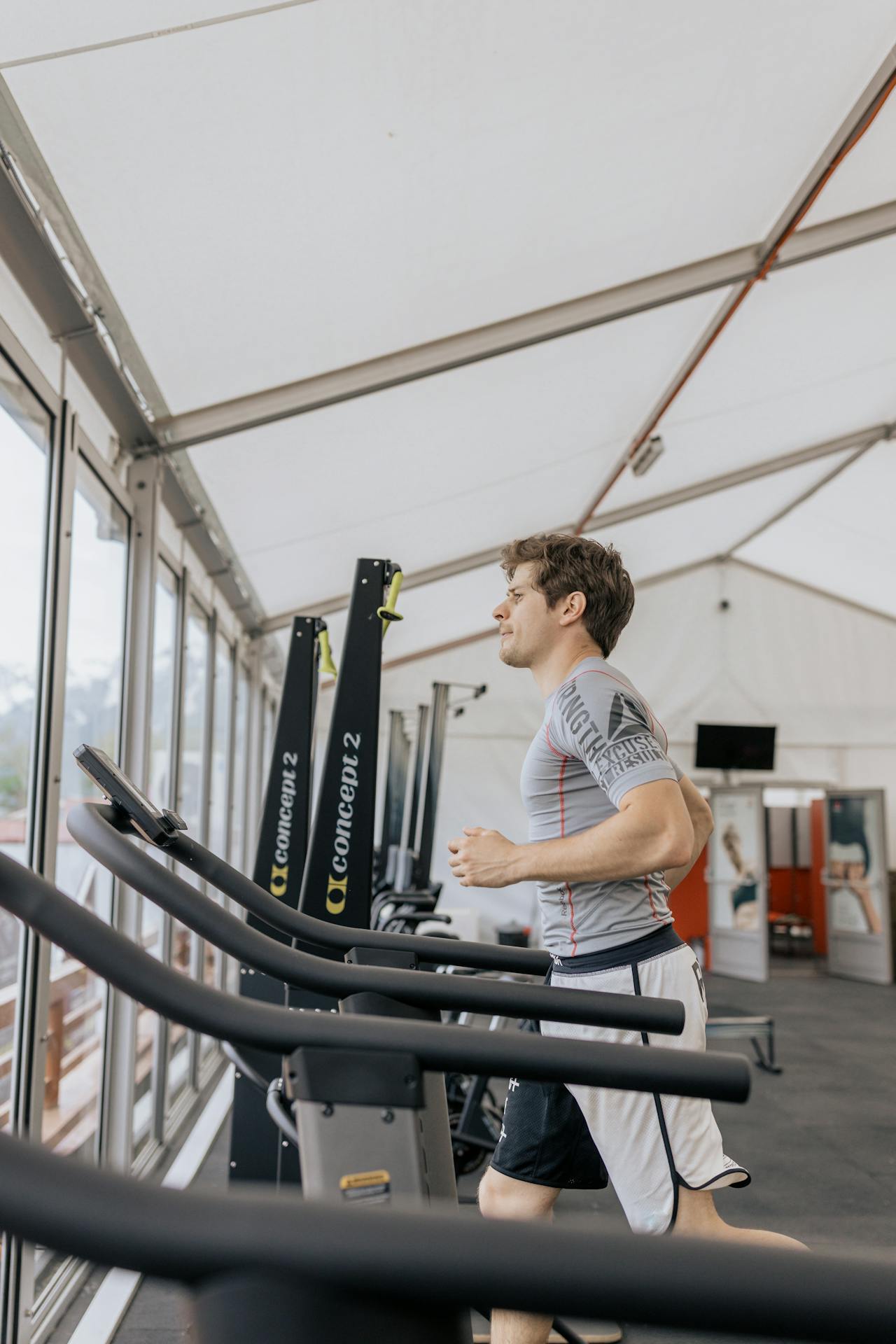Improving your health and fitness is more than just hitting the gym or following a strict diet—it’s about embracing a well-rounded lifestyle that nurtures both your body and mind. While structured workout plans and eating regimens often dominate the conversation, small, everyday habits play an equally important role in shaping your overall well-being. By incorporating these often-overlooked tips into your daily routine, you can achieve significant health benefits without overhauling your life entirely.
Understanding a Healthy Diet
A healthy diet is the cornerstone of physical fitness and long-term overall health. It’s not just about cutting calories or avoiding certain foods; it’s about providing your body with the nutrients it needs to thrive. A balanced diet includes sufficient amounts of protein, healthy fats, and carbohydrates, along with essential vitamins and minerals. Fiber is particularly crucial, as it aids digestion and supports heart health. Eating a variety of colorful fruits and vegetables ensures you get a wide range of nutrients, while whole grains and lean proteins provide sustained energy throughout the day. Prioritize natural, minimally processed foods to maintain energy levels and overall vitality.
Avoid Exercising with the Flu
It’s tempting to push through a workout even when you’re feeling under the weather, but exercising while sick—especially with the flu—can do more harm than good. The flu virus affects not only your immune system but also your muscles, including your heart. Engaging in physical activity while your body is already under strain can exacerbate symptoms and increase the risk of complications. Even mild exercise can tax your cardiovascular system during recovery. Give yourself at least 48 hours after flu symptoms subside before resuming any physical activity. Rest is an essential part of recovery, allowing your body to heal and regain strength.
The Importance of Cooling Down
Cooling down after exercise is often overlooked but is a critical step in maintaining cardiovascular health. During intense workouts, your blood vessels dilate to deliver oxygen to your muscles and regulate body temperature. Abruptly stopping exercise without cooling down can cause blood to pool in your extremities, leading to dizziness, fainting, or even collapse. A proper cool-down session should involve gradually reducing your activity level and incorporating gentle stretches to help your heart rate and circulation return to normal. This practice not only prevents discomfort but also aids in muscle recovery and reduces post-exercise soreness.
Timing Your Meals Around Exercise
When it comes to eating and exercise, timing is everything. Consuming a heavy meal just before working out can lead to digestive discomfort and reduced performance. This is due to the phenomenon known as 'dumping syndrome,' where blood flow is diverted to your digestive system instead of your muscles. To optimize your workout, aim to eat a balanced meal two to three hours before exercising. Focus on complex carbohydrates for sustained energy and lean proteins for muscle support. Avoid high-fat or sugary foods, as these can cause energy crashes during your session. Hydration is equally important; drink water before, during, and after your workout to maintain optimal performance.
Quitting Smoking for Good
Smoking cessation is one of the most impactful changes you can make for your health. While the process can be challenging, replacing the habit with a healthier one—like light exercise—can make the transition smoother. Start small by taking a five-minute walk whenever you feel the urge to smoke. Gradually increase the intensity and duration of your physical activity. Not only will this help distract you from cravings, but it will also improve your cardiovascular health and overall fitness. The benefits of quitting smoking are immediate and far-reaching, from fresher breath and healthier skin to a significantly reduced risk of chronic diseases like lung cancer and heart disease.
Protein Power for Muscle Maintenance
Protein is essential for building and maintaining muscle mass, particularly for those who engage in regular strength training. Unlike carbohydrates, which are primarily used for energy, protein supports tissue repair and growth. As you age, muscle mass naturally declines, making protein intake even more critical. Incorporating lean protein sources such as chicken, fish, eggs, and plant-based options like lentils and tofu into your diet can help counteract muscle loss. For athletes and fitness enthusiasts, consuming protein within 30 minutes after a workout aids recovery and enhances muscle growth. Remember, balance is key; excessive protein intake can strain your kidneys, so moderation is essential.
The Value of Planned Exercise
A well-structured exercise routine is essential for achieving fitness goals and maintaining consistency. Start with a manageable schedule, such as 100 minutes of moderate activity per week, divided into shorter sessions. Whether you prefer walking, cycling, swimming, or gym workouts, variety is crucial to prevent boredom and ensure a full-body workout. Include both aerobic exercises for cardiovascular health and strength training for muscle development. Gradually increase the intensity and duration of your sessions to avoid burnout and reduce the risk of injury. Regular exercise not only improves physical fitness but also boosts mental health by reducing stress and enhancing mood.
Tracking Progress with a Training Log
Keeping a detailed training log is an invaluable tool for monitoring your progress and staying motivated. Record key metrics such as workout duration, exercises performed, sets, repetitions, and weights used. This information allows you to identify trends, set realistic goals, and make informed adjustments to your routine. A training log also helps you celebrate milestones, no matter how small, reinforcing your commitment to a healthier lifestyle. Over time, these records become a testament to your dedication and a source of inspiration to keep pushing forward.
By integrating these tips into your daily routine, you can significantly enhance your overall health and fitness. Small, consistent changes lead to lasting results, helping you live a healthier, more fulfilling life.













